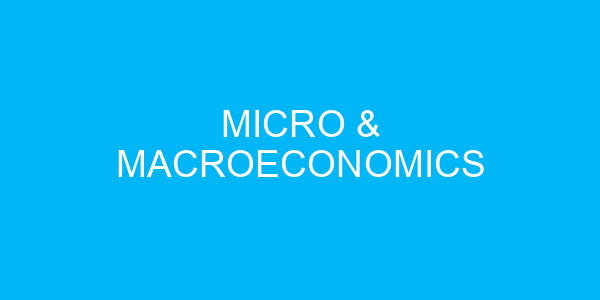61. The term “stagflation” refers to a situation where an economy experiences:
a) High inflation and high unemployment simultaneously
b) High inflation and low unemployment simultaneously
c) Low inflation and high unemployment simultaneously
d) Low inflation and low unemployment simultaneously
62. Fiscal policy refers to the government’s use of:
a) Interest rates to control the money supply
b) Taxes and government spending to influence the economy
c) Exchange rates to stabilize international trade
d) Monetary policy to regulate inflation
63. The Reserve Bank of India (RBI) is responsible for:
a) Controlling fiscal policy in the country
b) Implementing monetary policy and regulating the banking system
c) Managing the country’s foreign exchange reserves
d) Setting the prices of essential commodities
64. The term “fiscal deficit” refers to:
a) The excess of government revenue over expenditure
b) The excess of government expenditure over revenue
c) The difference between exports and imports of a country
d) The difference between total savings and investment in an economy
65. The concept of “demonetization” refers to:
a) The withdrawal of high-denomination currency notes from circulation
b) The devaluation of the domestic currency in international markets
c) The nationalization of banks and financial institutions
d) The reduction in government spending to control inflation



